In the largest and most comprehensive study of its kind, researchers have provided further evidence that a hormone responsible for regulating breast development acts as a risk factor for breast cancer in post-menopausal women.
By studying a large population, the researchers could identify groups of women for whom this hormone – called prolactin – is most strongly associated with breast cancer risk. Their findings will help advance the understanding of what causes breast cancer and could influence future approaches to risk prediction and prevention.
Scientists based at The Institute of Cancer Research, London, were involved in the international study, which was carried out by researchers across the United Kingdom, the United States, Canada and Australia.
Pooling data for a more comprehensive analysis
The study, which was funded by various sources, including the Breast Cancer Research Foundation and Breast Cancer Now, pooled data from five cohort studies, each of which used the resources of the Biomarkers in Breast Cancer Risk Prediction (B2Risk) consortium to follow individuals with common characteristics and track certain health outcomes over time. This gave the researchers access to information on 8,279 post-menopausal women who were breast cancer-free and aged, on average, 60–67 years at the time of enrolment.
The researchers collected blood samples from all participants at the start of the study so that they could measure plasma prolactin levels and analyse various tumour characteristics. They also gathered participant data on aspects such as body mass index (BMI), alcohol use and breastfeeding history through questionnaires and medical records.
DNA extracted from the blood samples was used to calculate a breast cancer polygenic risk score – an estimate of the person’s risk of developing the disease based on their genetic make-up. In addition, mammographic density – obtained through screening mammograms – was made available to the respective study centres from those who consented. Across the cohort studies, 3,441 of the women were diagnosed with invasive breast cancer.
The study, which was published in the journal Breast Cancer Research, revealed the clear relationship between prolactin levels and breast cancer risk. Lower prolactin concentrations (defined as below 7.91 ng/mL) did not seem to increase breast cancer risk, while higher concentrations (greater than 13.15 ng/mL) were associated with a risk approximately 20 per cent higher. While there were some variations in these associations across the cohorts, the results were generally consistent.
How hormone levels can reveal cancer risks
Although previous studies have explored the association between prolactin and breast cancer risk, this new analysis is strengthened by its larger population sample, which included nearly twice the number of post-menopausal women compared with any previous study. This allowed the researchers to detect more reliable patterns and ensure that they apply to a broader population.
The study has provided further evidence that post-menopausal women with higher plasma prolactin concentrations are at an increased risk of breast cancer. Interestingly, this risk was most significant among women using post-menopausal hormone therapy (PMH) at the time their blood was drawn, suggesting that prolactin may work with other hormones to influence breast cancer risk.
The timing of the blood sample collection also came into play, with the association between prolactin and breast cancer risk being stronger for those whose blood was collected within the 10 years leading up to their cancer diagnosis. The researchers think that the samples taken further ahead of diagnosis may have shown a weaker association because they did not capture the hormonal changes that occur closer to the disease’s onset.
Overall, the findings confirm prolactin’s role in post-menopausal breast cancer risk. However, this was primarily observed in women who were current PMH users, with limited evidence of a similar risk in non-users.
Understanding the role of BMI in breast cancer risk
The large sample population, which included women enrolled on the Breast Cancer Now Generations Study, based at the ICR, also gave the researchers the opportunity to explore factors that might modify the effect of prolactin on breast cancer risk – many of which had not been investigated before.
For instance, they found that BMI might influence the relationship between prolactin and breast cancer. The association appeared stronger in women with lower BMIs, suggesting that prolactin may interact with other hormonal factors related to body weight to affect breast cancer risk.
This supports other researchers’ findings showing BMI can influence sex hormone levels in post-menopausal women.
The researchers acknowledge the limitations of their data, which only represent post-menopausal women of European ancestry and are restricted to one prolactin measurement per person. However, they state that this study marks an important step towards personalised breast cancer prevention and tailored risk assessments, offering the potential for earlier detection and targeted interventions that could prolong and save lives.
Future steps for personalised breast cancer risk models
Professor Montse Garcia-Closas, co-author of the study and Group Leader in Integrative Cancer Epidemiology at the ICR, said:
“This study contributes to the substantial body of evidence linking prolactin to post-menopausal breast cancer risk and provides valuable insights into this complex relationship.
“The findings will allow us to identify specific groups of women for whom this association is particularly relevant. Identifying these groups will improve our understanding of the causes of breast cancer and help inform how prolactin might be used to enhance clinical breast cancer risk assessment models.
“As this field of research grows, further studies will be necessary to explore how prolactin interacts with other hormones and whether it could become a possible target for breast cancer prevention or treatment.”
Dr Simon Vincent, Director of Research, Support and Influencing at Breast Cancer Now, which helped fund the research, said:
“Thanks to data from multiple studies, including the Breast Cancer Now Generations Study, researchers have found that measuring prolactin levels may help us determine a women's risk of breast cancer. If those at higher risk of developing breast cancer are identified, personalised screening strategies could then be used to offer women who are most at risk more frequent screening and help ensure the disease is diagnosed earlier. This is crucial, as the sooner breast cancer is diagnosed, the more likely it is that treatment will be successful.
“There’s no single cause of breast cancer as it results from a combination of the way we live our lives, our genes and our environment. With many contributing factors, relating to female sex hormones, it is vital that we continue to build our understanding of how these hormones affect women’s risk of the disease.
“In addition to speaking with their GP, anyone concerned about their risk of breast cancer can get in touch with our expert nurses for information and support via our free and confidential helpline on 0808 800 6000 or visit breastcancernow.org.”
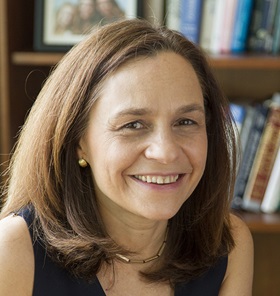
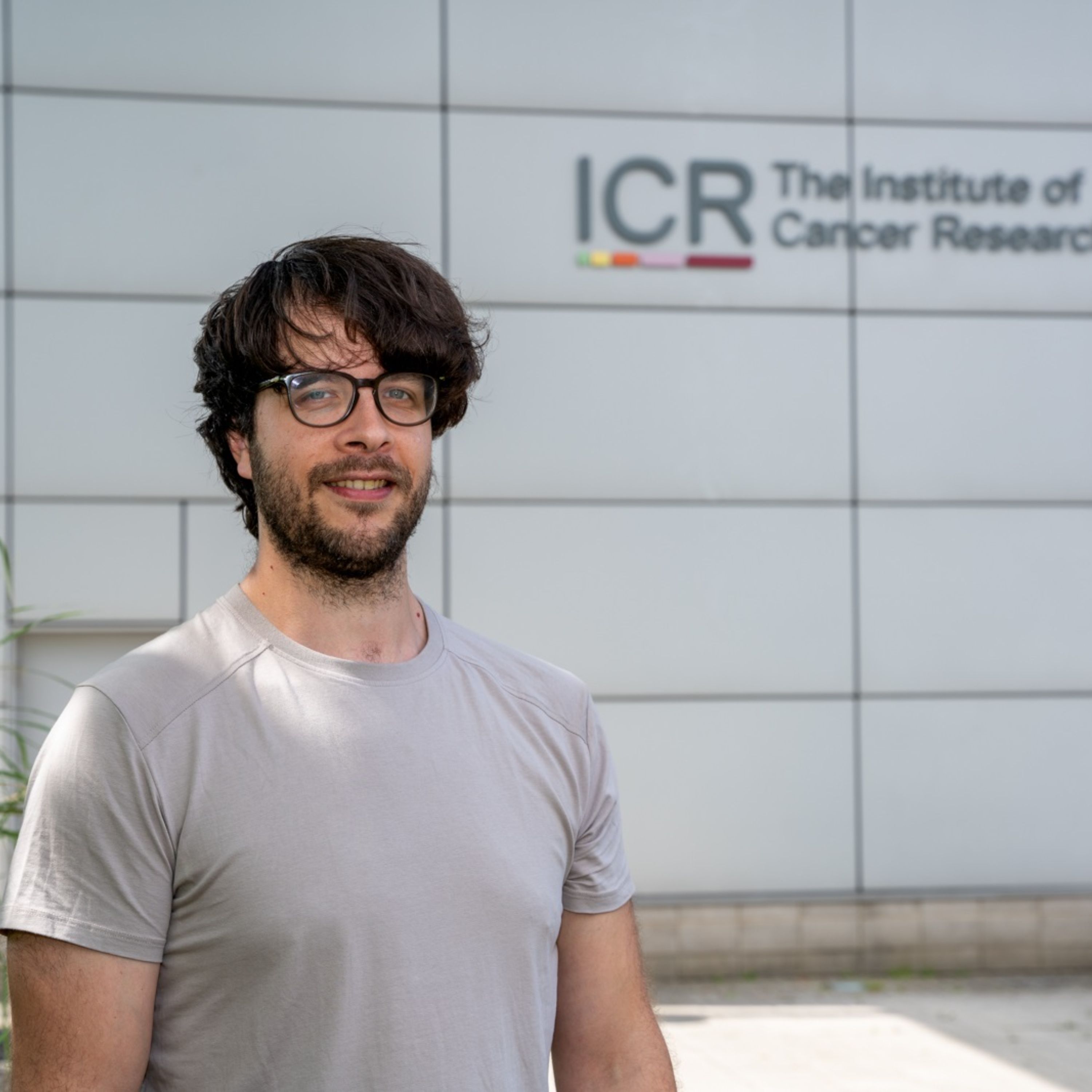 .
.
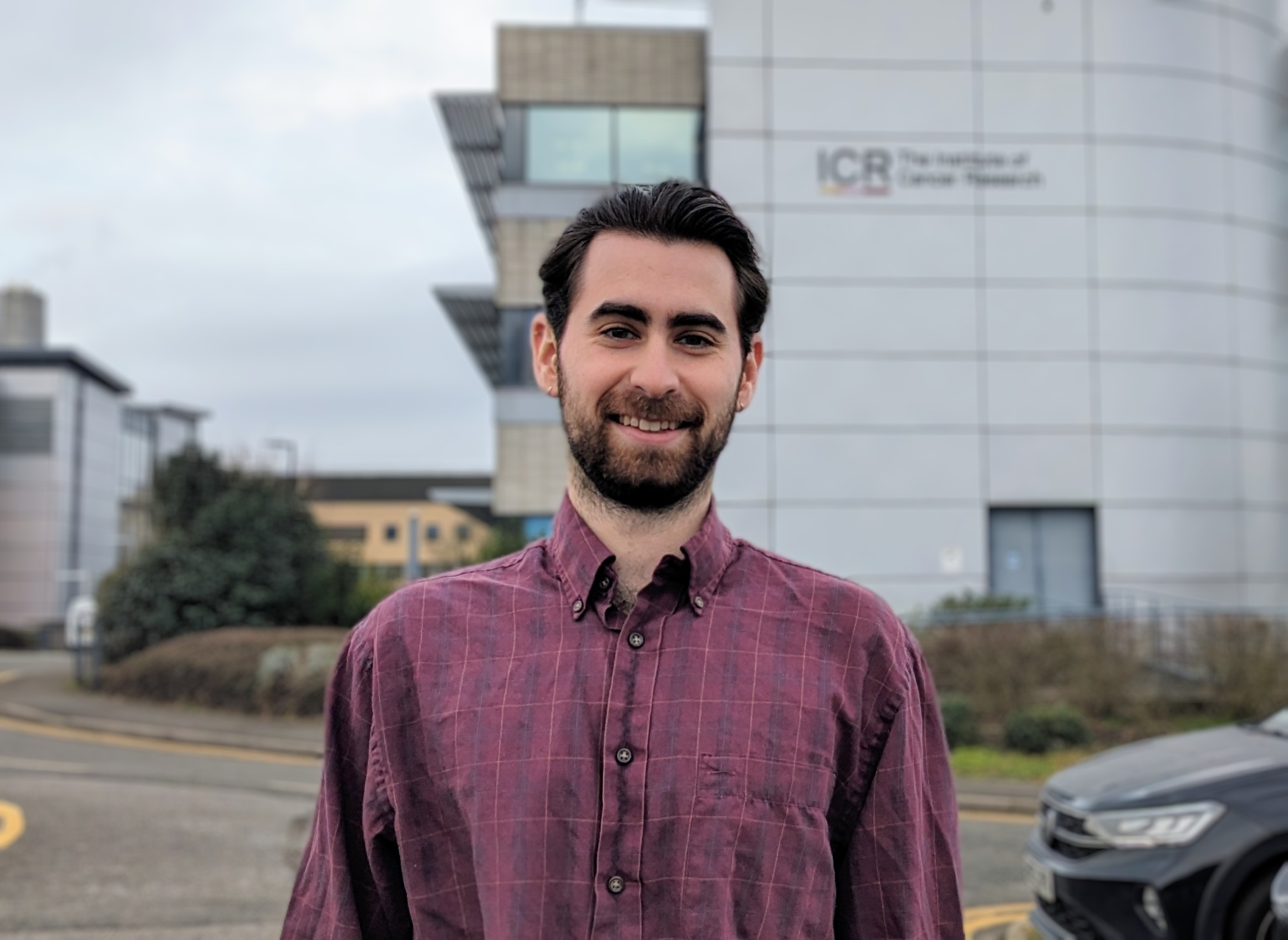 .
.
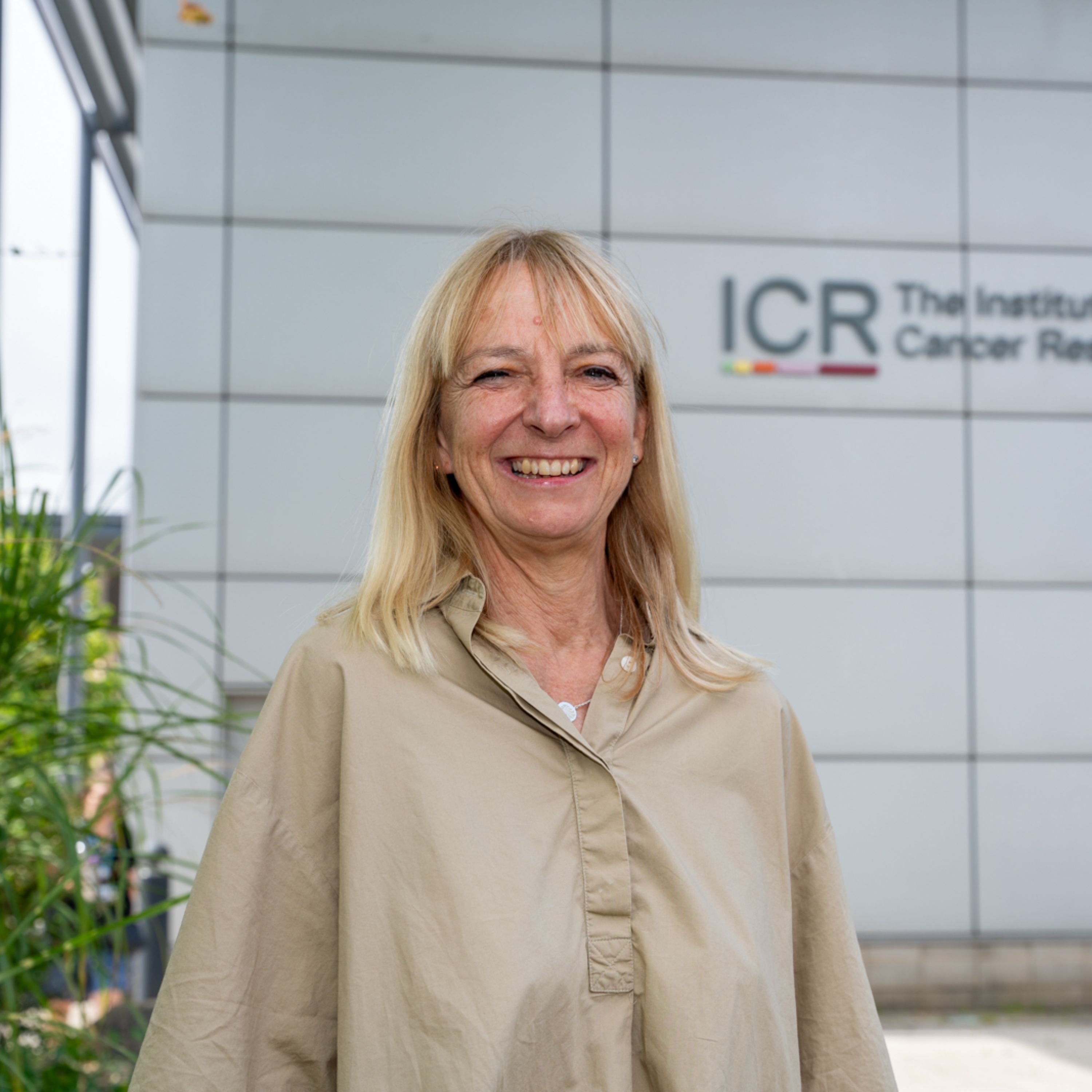 .
.
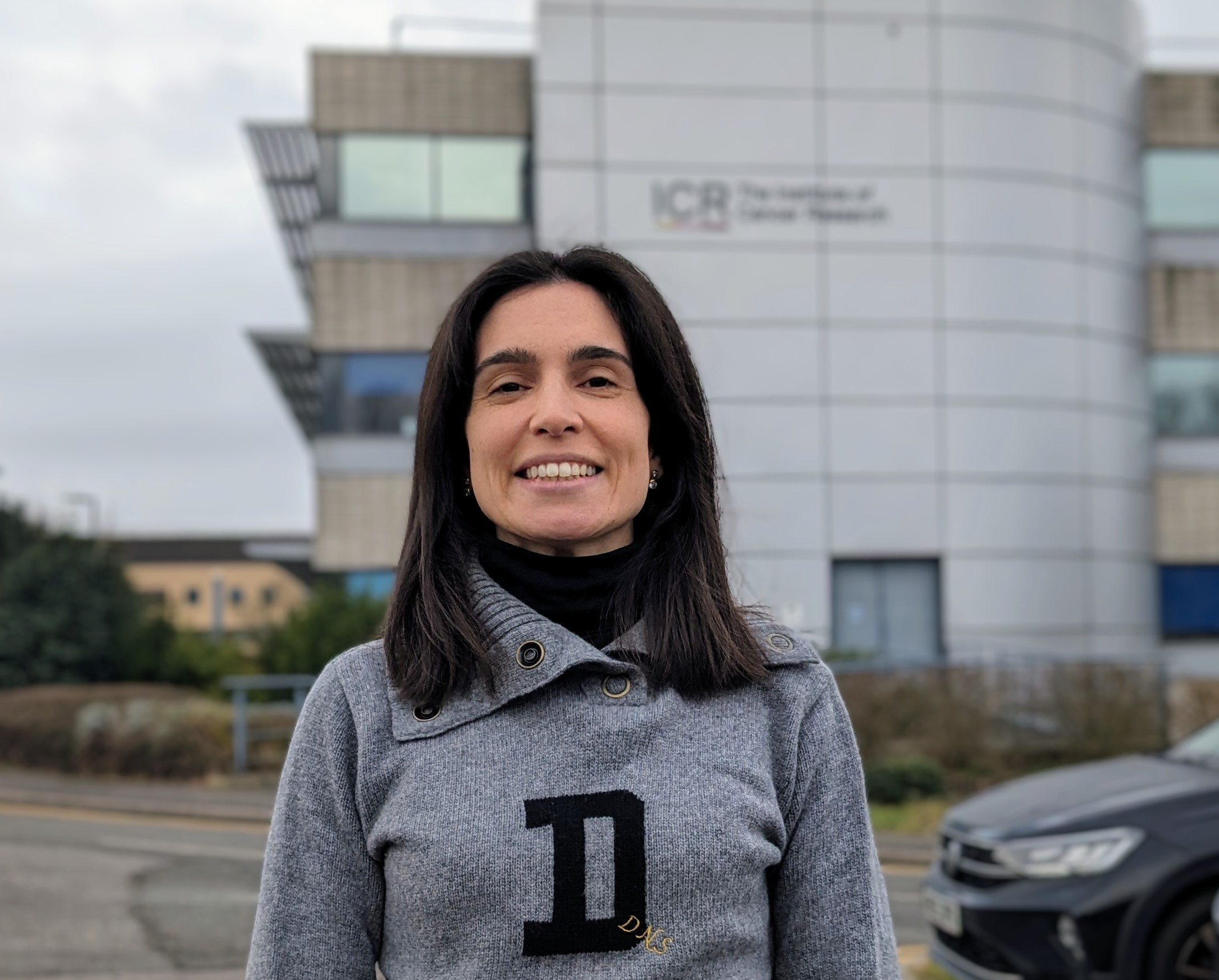 .
.
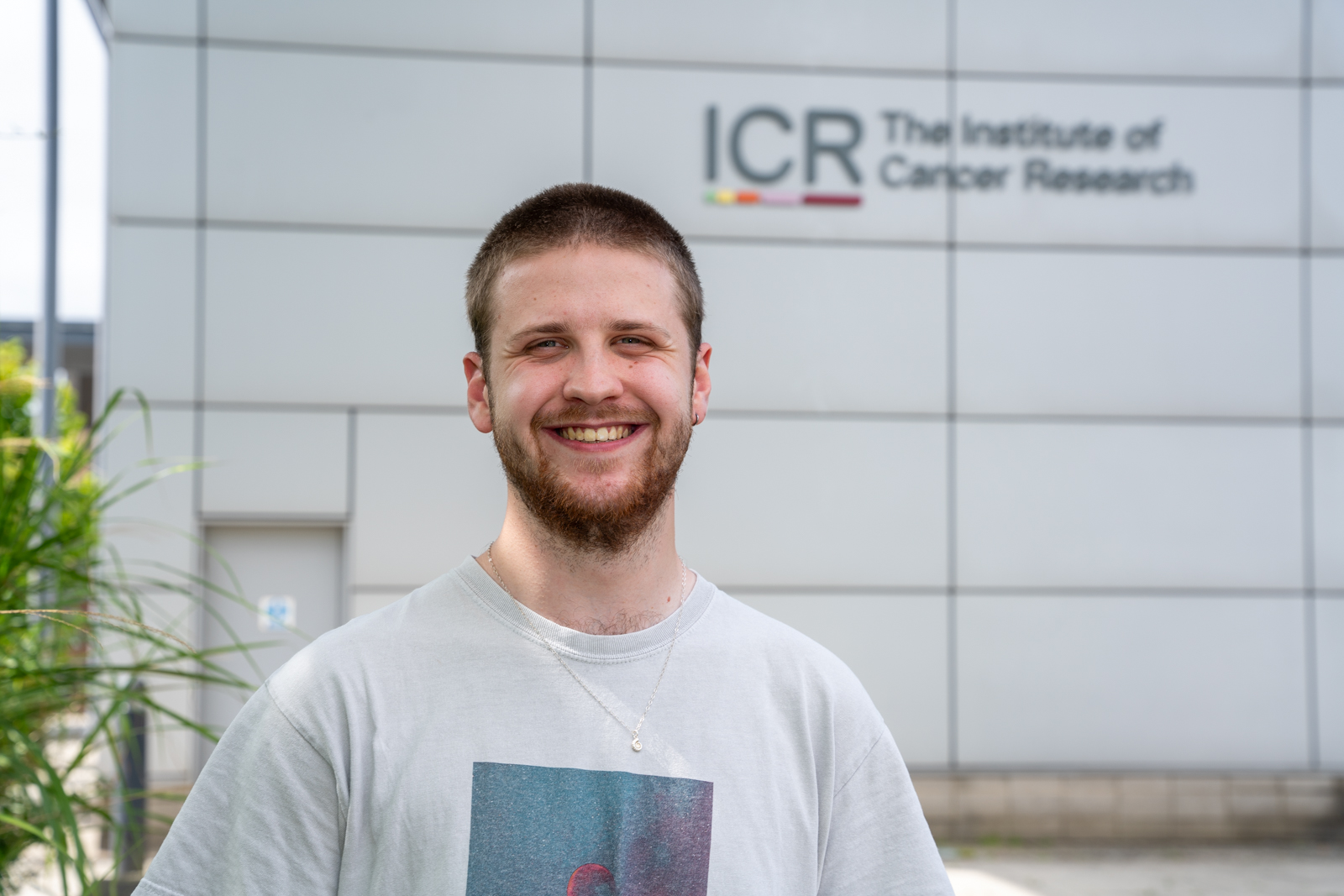 .
.
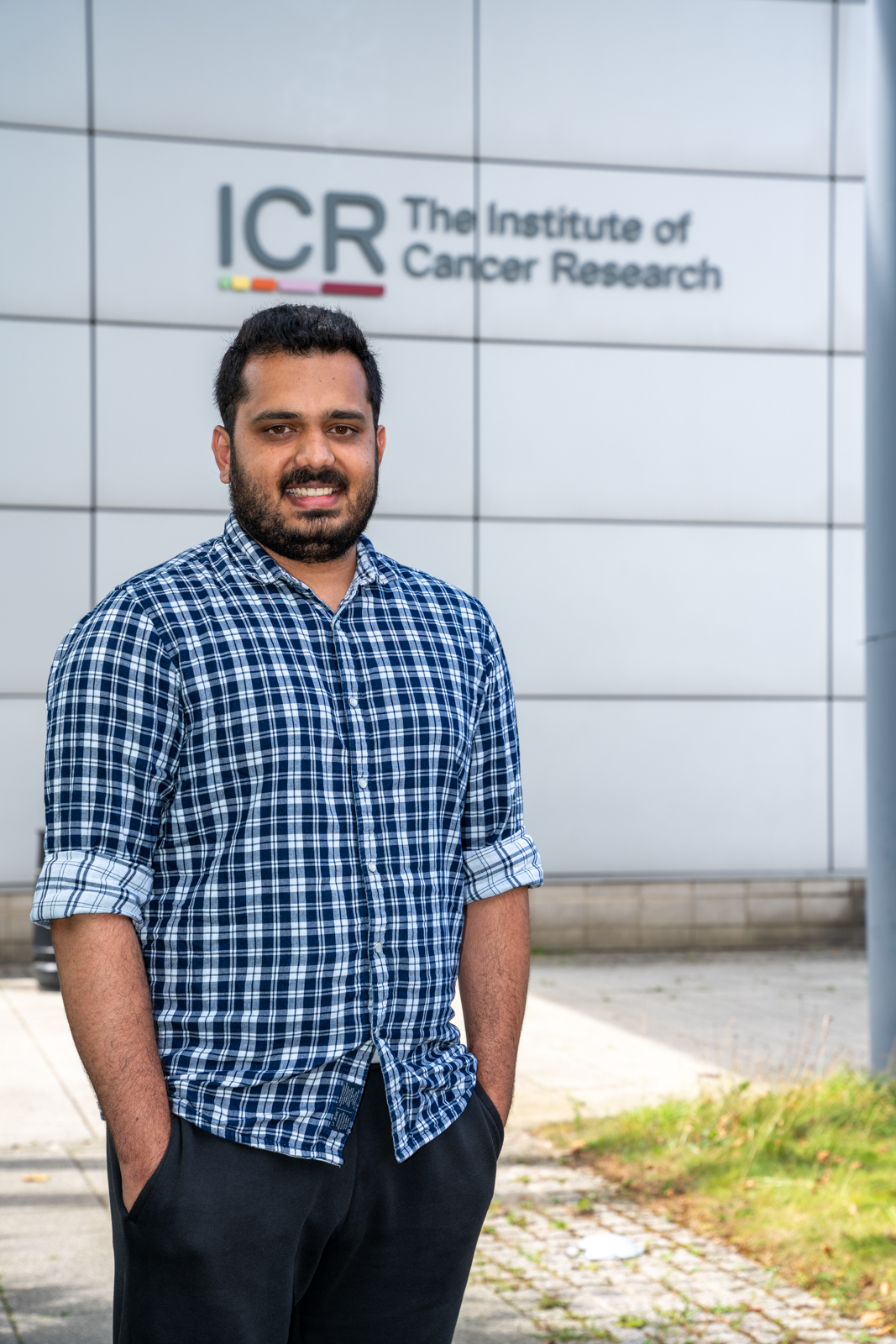 .
.
 .
.
 .
.
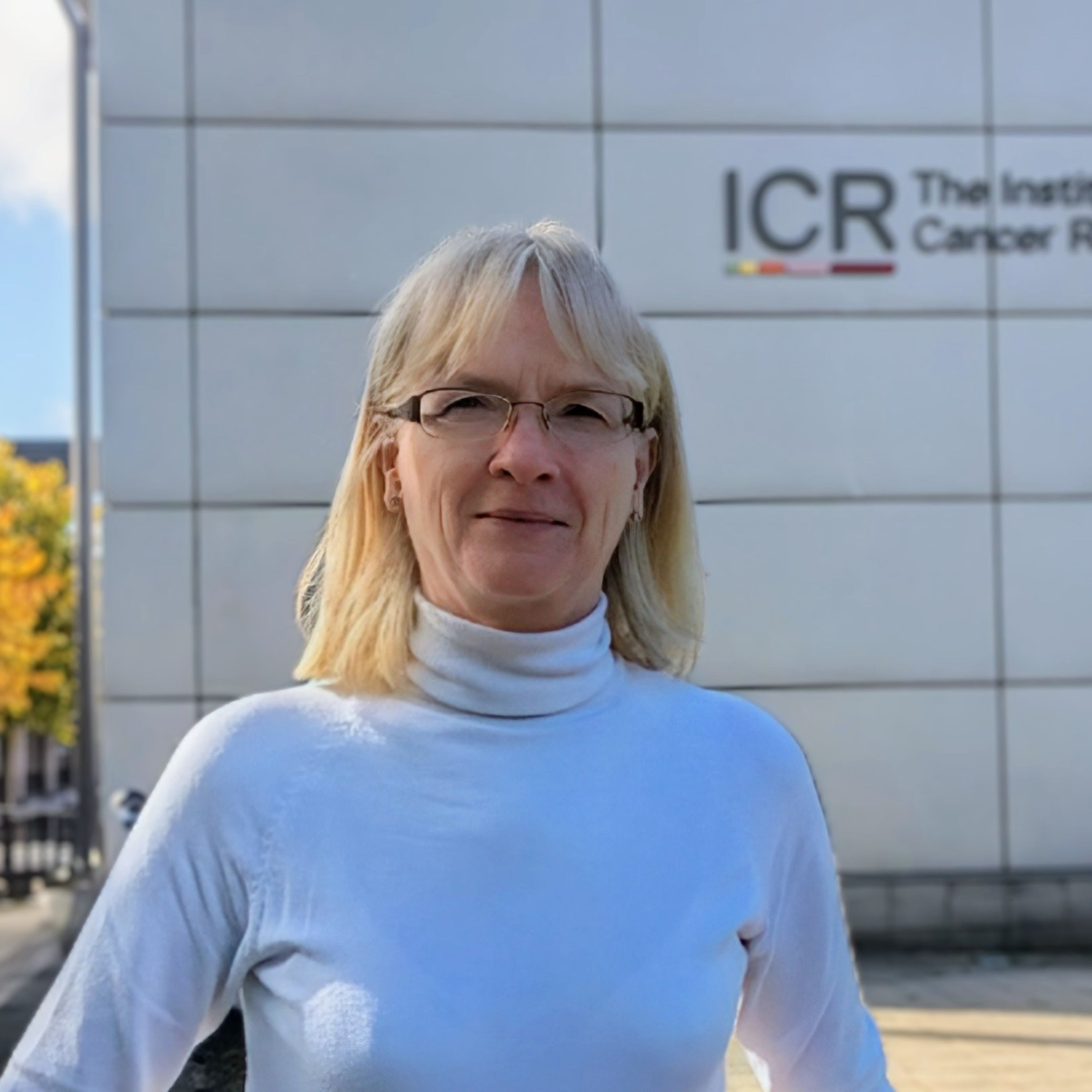 .
.
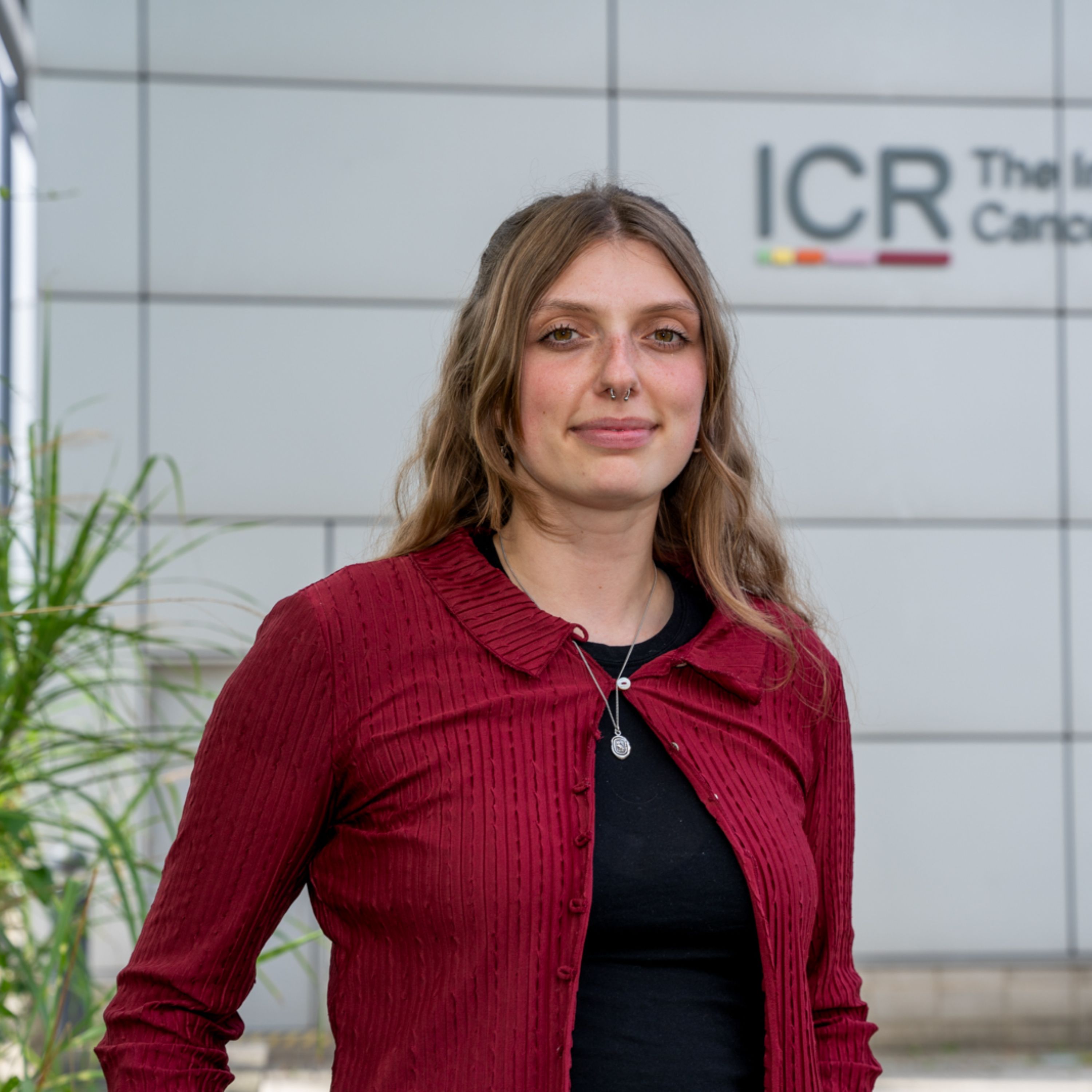 .
.